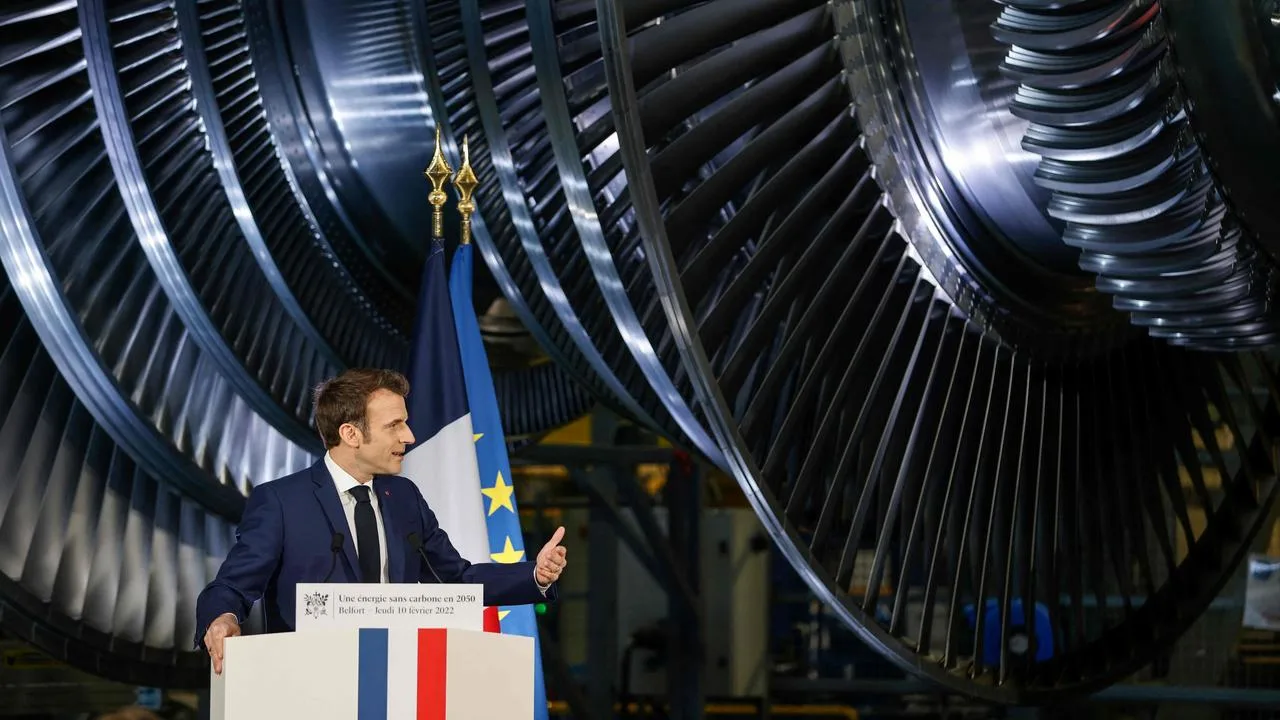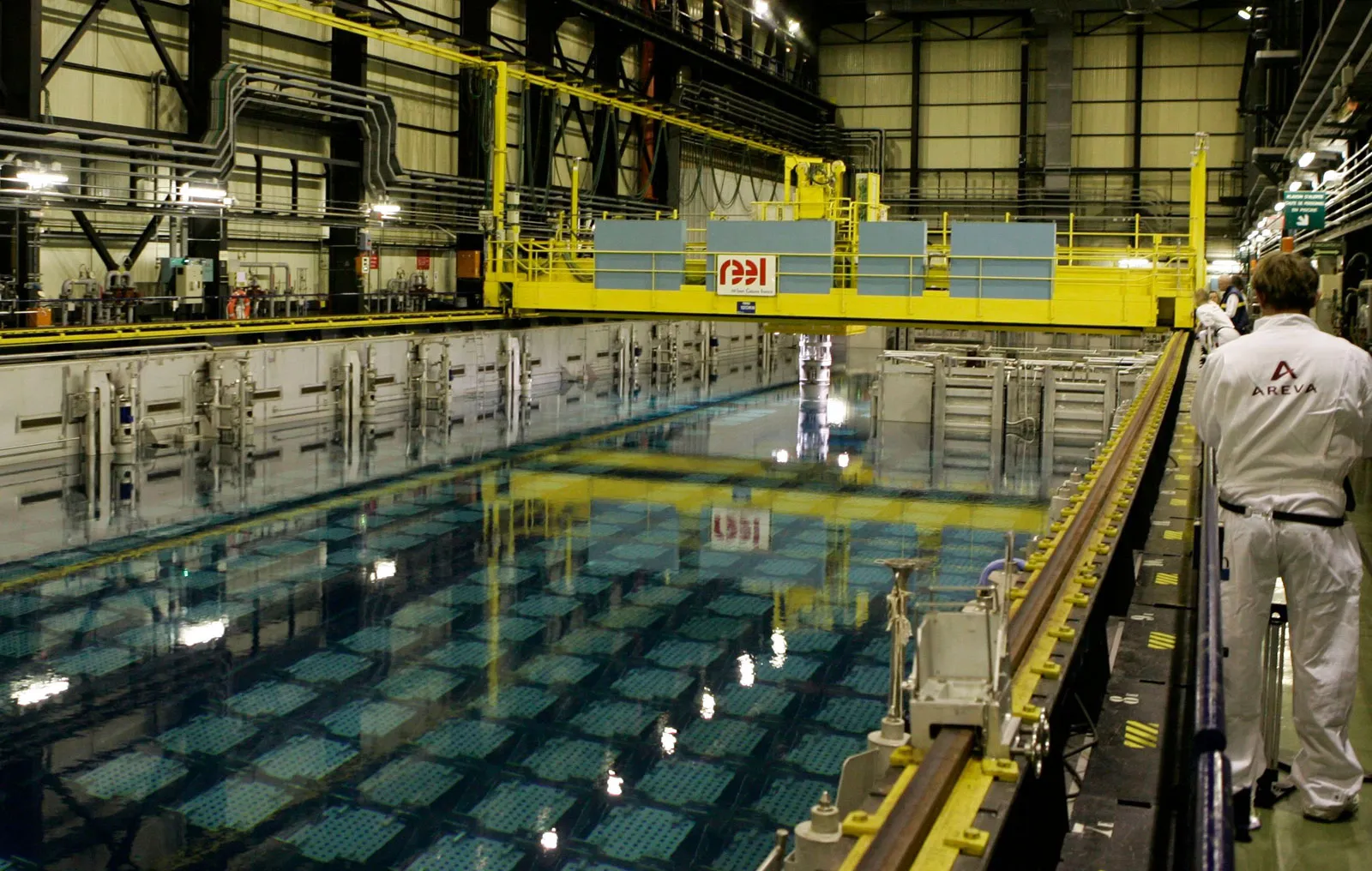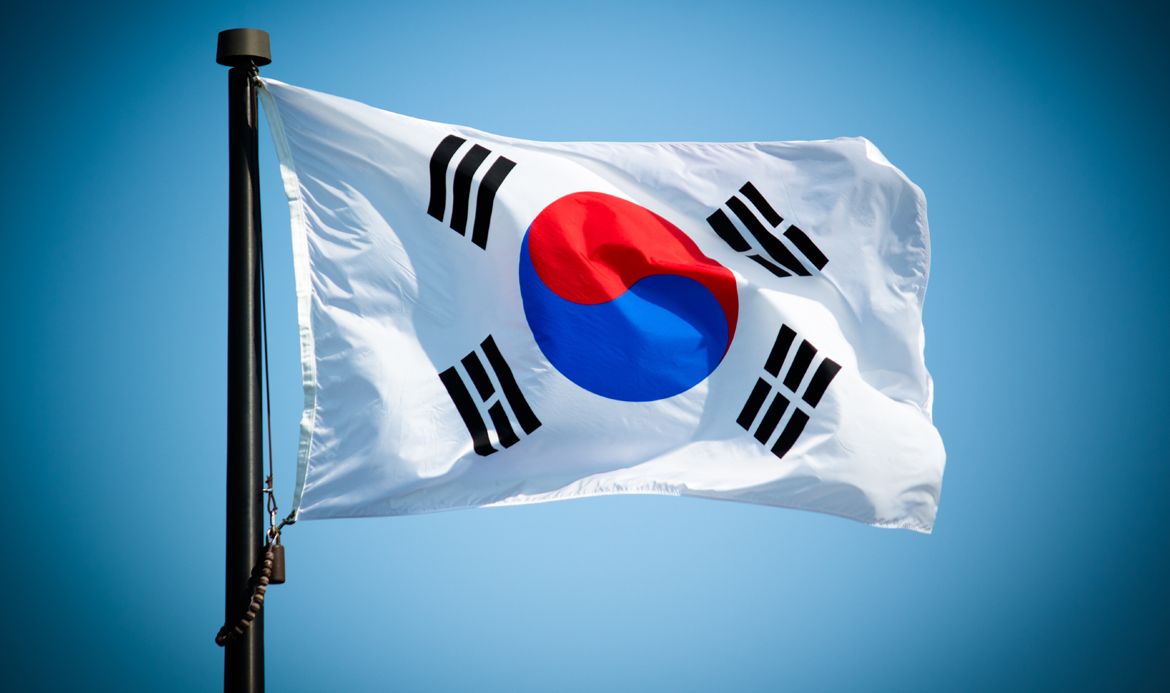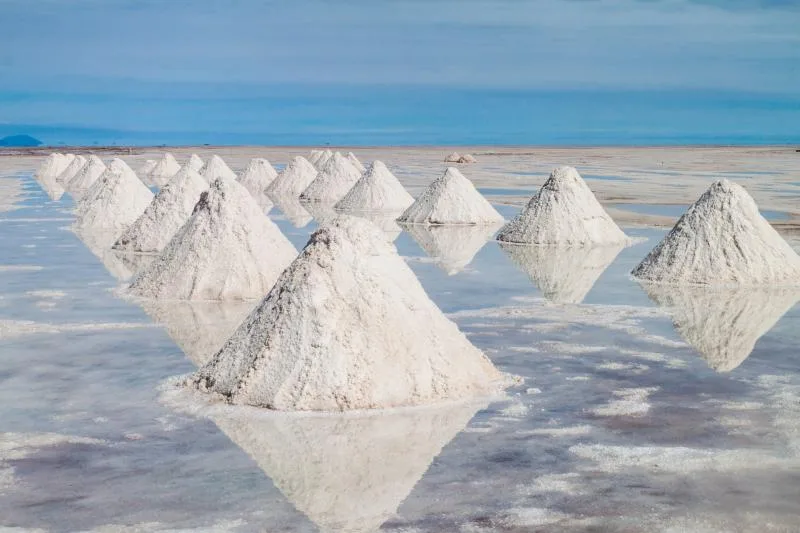France has long been a global leader in the field of nuclear energy, relying on a massive fleet of nuclear power stations to meet its energy demands.
However, recent geopolitical developments have raised concerns about the country’s uranium supply, prompting French President Emmanuel Macron to embark on a crucial visit to Kazakhstan and Uzbekistan.
With uranium prices soaring to heights not seen in over 15 years, the scramble is on for reliable long-term supply. This visit underscores the growing competition for uranium resources from Central Asia, involving not only traditional nuclear powers like Russia and China but also the European Union (EU).
Macron Arrives in Central Asia
French President Emmanuel Macron arrives in Kazakhstan for official visit. Read news on our Telegram channel: https://t.co/zwP9PleUls pic.twitter.com/XQyvJkc51C
— Torokul Doorov (@Torokul) November 1, 2023
As the world shifts towards cleaner energy sources, the need to secure a reliable uranium supply has never been more critical for France’s nuclear energy sector.
Nuclear Energy Hungry in France
France’s commitment to nuclear energy has made it one of the world’s leading proponents of this low-carbon energy source.
The country’s vast fleet of nuclear power stations provides around 70% of its electricity, making it one of the lowest greenhouse gas emitters among developed nations.
This achievement has not only enabled France to maintain energy security but also reduce its reliance on fossil fuels, contributing to a greener and more sustainable future.
However, maintaining this level of nuclear energy generation requires a consistent supply of uranium, the primary fuel for nuclear reactors.
With uncertainty surrounding two of France’s major uranium suppliers—Niger and Russia—President Macron’s visit to Central Asia takes on added significance.
Challenges from Niger and Russia
Niger, which supplies 15% of France’s uranium, recently experienced political instability when a military junta took control.
This raised concerns about the reliability of uranium supply from Niger. Similarly, the conflict in Ukraine has raised questions about the future of uranium imports from Russia, given the possibility of EU sanctions on the nuclear sector.
The Growing Competition for Uranium in Central Asia
Kazakhstan and Uzbekistan are France’s largest and third-largest suppliers of uranium. These Central Asian nations have strong historical ties with Russia and are increasingly drawing closer to China. President Macron’s visit aims to expand French influence in the region as China invests heavily in infrastructure projects under the Belt and Road Initiative.
In response, the EU is striving to gain influence in Kazakhstan and Uzbekistan through its “Global Gateway” initiative.
Kazakhstan, in particular, is the world’s largest producer and exporter of uranium, mining over 40% of the global supply.
While it has traditionally supplied Russia, new players like the United States and China have entered the market. The geopolitical dimension of this competition is growing, as Kazakhstan may not be able to increase exports to one country without affecting another.
Recent decisions in Kazakhstan further highlight this competition. The Kazakh government allowed a Russian firm to take control of a uranium mine, reducing Kazakhstan’s dominance in the industry.
Additionally, Kazakhstan has agreed to sell more than 30 tons of atomic power station fuel to China, boosting its uranium production by over 50%.
This intensifies the competition between Russia and China for Kazakhstan’s uranium, potentially affecting other countries that rely on these resources.
Securing France’s Nuclear Future
France’s nuclear sector is a cornerstone of its energy policy and a significant contributor to its economic stability.
As the country aims to reduce its carbon footprint and transition towards cleaner energy sources, ensuring a consistent and reliable uranium supply is paramount.
President Macron’s visit to Central Asia is a strategic move to secure France’s nuclear future in the face of growing competition and geopolitical challenges.
While Kazakhstan and Uzbekistan are vital suppliers, the increasing involvement of other major players like China and Russia underscores the need for diversifying supply sources and strengthening diplomatic ties with these nations.
France’s commitment to nuclear energy remains steadfast, and securing a stable uranium supply is crucial for its sustainable energy goals.
Macron’s visit to Central Asia reflects the urgency of this task, given the shifting dynamics in the global uranium market and the need to adapt to an evolving energy landscape.






